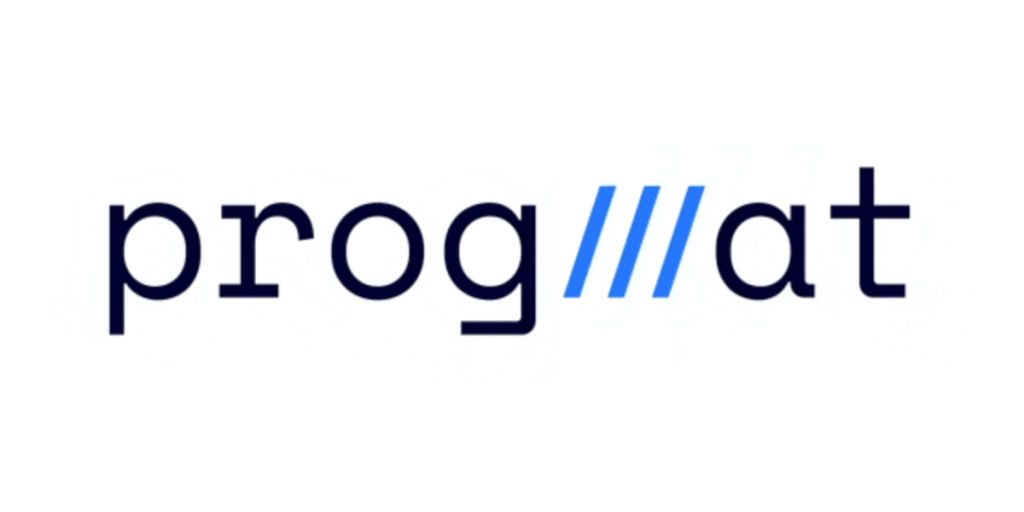A few banks are allegedly already using a different stablecoin

A few banks are allegedly already using a different stablecoin solution; however, MUFG has not disclosed which companies will be the first to use its platform.
Megabank Japanese banks will soon deploy Yen-pegged stablecoins on a number of open blockchains using Mitsubishi UFJ Financial Group’s (MUFG) “Progmat Coin” stablecoin issuance technology.
As a result of the new legislation that went into effect this month, Japanese banks have announced their intentions to either investigate or establish stablecoins.
The Japanese government issued a law that forbade non-banking institutions from issuing stablecoins in the middle of 2022. The law was formally implemented on June 1, 2023.
The Progmat Coin will be used to support the production of bank-backed stablecoins on Ethereum, Polygon, Avalanche, and Cosmos, with additional networks to be added in the future, according to a June 2 release by MUFG.
In addition, MUFG disclosed that TOKI and Datachain, two of its blockchain technology and security partners, are constructing a bridge to allow lending, swapping, and cross-chain transactions between the supported blockchains.
The cross-chain infrastructure is anticipated to go live in the second quarter of 2022, according to the bank.
Progmat Coin was first introduced by MUFG in February 2022 with the intention of offering a “universal digital asset payment method” for stablecoins, other crypto assets, and even a central digital bank currency (CBDC) based in Japan.
Although MUFG did clarify to Cointelegraph at the time of the unveiling of Programme Coin last year that it is developing its own Yen-pegged stablecoin, it has not disclosed which banks will use it first.
Shikoku Bank, Tokyo Kiraboshi, and Minna Bank all intend to issue stablecoins, according to a story from Nikkei Asia on June 1. However, it appears they won’t be using Programme Coin to do it.
According to the article, these institutions would make use of a unique stablecoin infrastructure created by the Tokyo-based startup G.U. Technologies.
